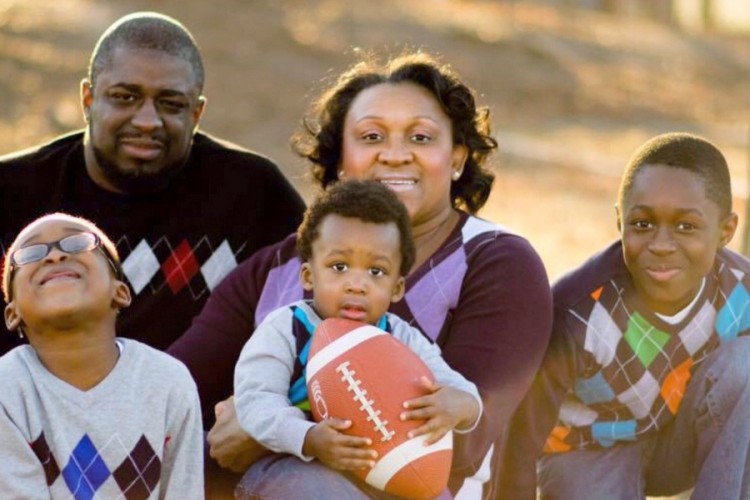5 Pieces of Advice for Other Adults Recently Diagnosed on the Spectrum
My name is Lamar. I am 37 years old. I’ve always known I had a few challenges growing up. My developmental history has always been vague. There are stories of me being “difficult” as a child. No one can recall when I started talking. We were a military family and moved around a lot, so difficulty making friends was expected. When I was 7, I was told not to re-enter the school building after lunch period because of daily accidents I was having on the playground. I didn’t realize I could ask to use the restroom. It was weeks before my teachers realized this was happening. No one understood why I just didn’t ask. I didn’t understand it, either. My childhood is full of stories and questions like this, but it would be years later that I would finally get answers.
Over the years, I’ve learned to cope, blend in and mimic behavior that helped mask my challenges. But a few years ago, a major employment change forced me to revisit the reality of my challenges. At 36, I was diagnosed with Asperger’s syndrome.
Being diagnosed as an adult has created both challenges and opportunities for me. Above all, I’ve learned five things I believe other adults recently diagnosed with autism spectrum disorder should know, too.
1. Learn to listen to your loved ones.
Living on the spectrum often means having a limited view of how others experience life with you. It takes courage to be open to observing how the people you love describe encounters with you in normal day to day interactions. I began to notice how often people mentioned my lack of enthusiastic facial expressions. People would often have to clarify when they were joking or being sarcastic. I listened to how others perceived my lack of social awareness in large settings. Learning to listen to others is what ultimately led me to seek my diagnosis.
2. Learn about autism.
Many undiagnosed adults have mastered the art of mimicking behavior in social settings. In many ways, you might be learning for the first time who you really are. It will be eye-opening in a way that may be overwhelming at first. Here’s some critical advice to remember. Having autism spectrum disorder won’t make you an immediate expert on the topic. You won’t be able to answer everyone’s questions. You’ll probably have more questions than answers yourself. That’s OK. Once you’re officially diagnosed, let the learning begin. I learned not only to love learning about autism, but also to love learning about myself. Learning how you’re uniquely affected by autism will help you discover what makes you special.
3. Connect with the autism community.
Social anxiety is common for many people on the spectrum. If you’re an adult when you’re diagnosed, then you might have already experienced some difficulty in managing relationships. But learn to lean into the larger autism community. Initiate relationships with others on the spectrum. Join a support group or use social media to connect with the autism community. Don’t stay silent too long and try to avoid the need to figure life out on your own. There’s a collective wisdom that comes from sharing stories within the autism community that can’t be found in books, science and statistics. You’re not alone.
4. Learn a new language to describe what you experience.
Getting diagnosed as an adult helps you learn the language to describe what you’ve always experienced. The power to define something is the power to direct it towards a greater purpose. When you know how to articulate your challenges, it gives you a sense of ownership and a new sense of how to organize your life in a way that works for you. Learning a new language gives you the courage to lead others into a better understanding of how to relate to you in meaningful and fulfilling ways. This has been extremely helpful for me in relating to my wife, my children and my co-workers. When I can give them the tools and the language to understand me, it strengthens our relationships.
5. Learn to let it go.
After I was diagnosed, I felt a sense of relief, which was almost immediately followed by a sense of guilt. For some reason, I felt responsible for every wrong turn a relationship in my life had taken in the past. I felt responsible for every argument and misunderstanding. I felt responsible for past miscommunications. I felt guilty about the fact I had probably let a lot of people down, and now I knew why things went wrong.
But don’t let your diagnosis make your feel deficient. You’re human, and history has a way of robbing us of our humanity. Autism is not a character flaw, and you’re not responsible for making sure everyone around you is comfortable with you. When you learn to forgive others for past mistakes, learn how to forgive yourself as well. Try not to make too much of what happened in the past.
Instead, consider your diagnosis a gift to unlocking a bright new future, a future that can bring years of peace, purpose and productivity when you learn to love yourself for who you are.

